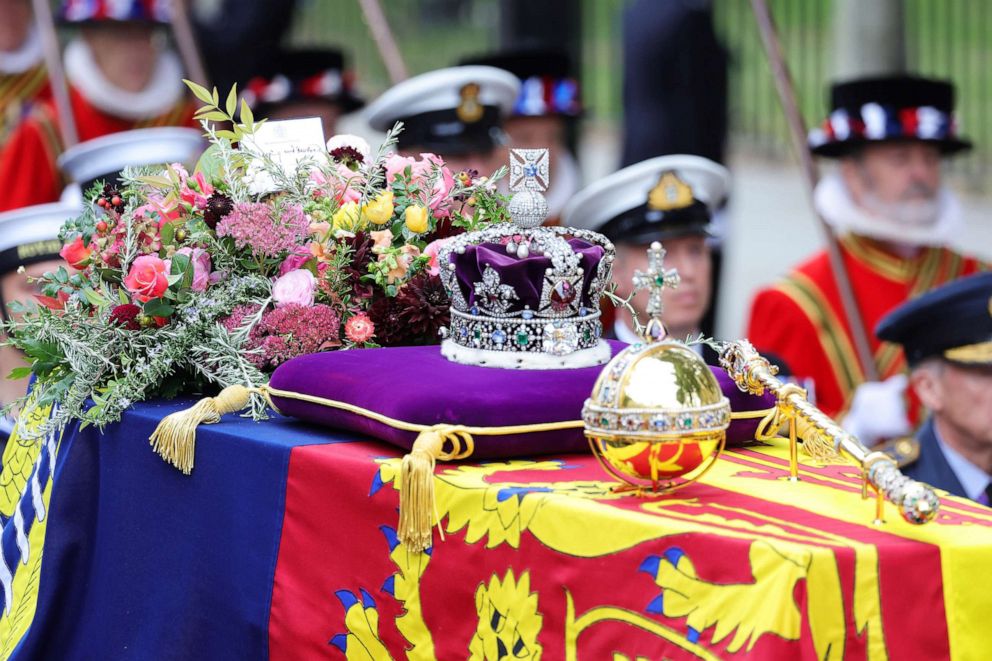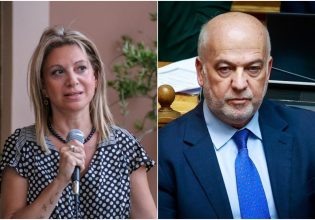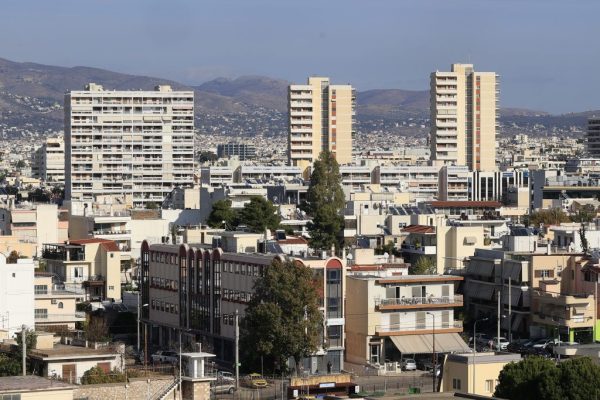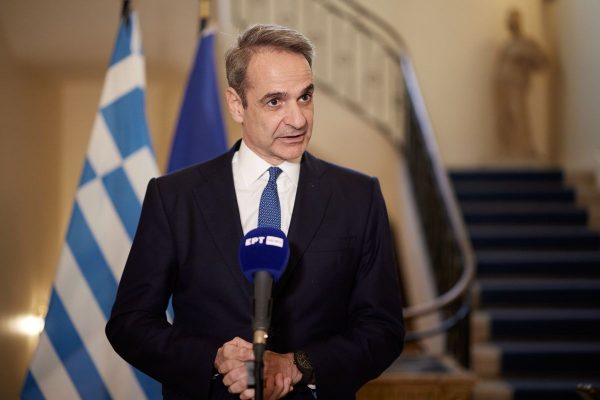
Editorial Ta Nea: Changes
Within the UK, one already hears more loudly the voices of those who demand a thorough audit of the finances of the Windsors and a reduction of the amount of the Sovereign Grant.
During the 70 years of the late Queen Elizabeth II on the British throne, many old worlds died and new ones were formed.
The longest-reigning monarch of her country may have managed to partially modernise an antiquated institution, making it somewhat more visible through the media, and the members of her family may for decades have been the most recognisable celebrities of European – and not only – royal houses.
Yet, the future of the British monarchy is today not considered as certain as it was during her lifetime, although the then British Empire transformed into a Commonwealth, from which many former colonies later withdrew.
Within the UK, one already hears more loudly the voices of those who demand, for example, a thorough audit of the finances of the Windsors and a reduction of the amount of the Sovereign Grant.
Abroad, Britain’s international status has declined, and its relations with the EU are a constant source of tensions.
Even the prospect of the departure of Scotland and Northern Ireland now exists to some degree.
Queen Elizabeth’s funeral was also the funeral of the transitional period in which she reigned.
Although the protocol of the ceremony in London highlighted with spectacular pageantry the past that she embodied, the funeral itself signals the changes that appear to be coming for both the Crown and the island.
Ακολουθήστε το in.gr στο Google News και μάθετε πρώτοι όλες τις ειδήσεις







![Άκρως Ζωδιακό: Τα Do’s και Don’ts στα ζώδια σήμερα [Δευτέρα 14.04.2025]](https://www.in.gr/wp-content/uploads/2025/04/joe-leahy-NI3n0wZ85Kc-unsplash-1-600x375.jpg)





















![Άκρως Ζωδιακό: Τα Do’s και Don’ts στα ζώδια σήμερα [Δευτέρα 14.04.2025]](https://www.in.gr/wp-content/uploads/2025/04/joe-leahy-NI3n0wZ85Kc-unsplash-1-315x220.jpg)


























 Αριθμός Πιστοποίησης Μ.Η.Τ.232442
Αριθμός Πιστοποίησης Μ.Η.Τ.232442